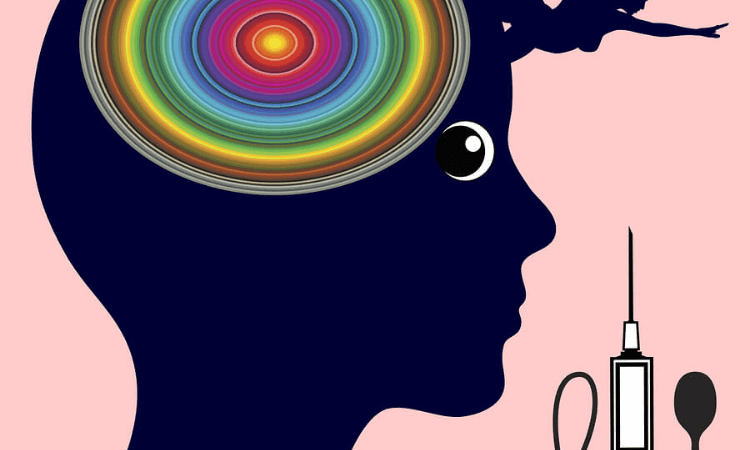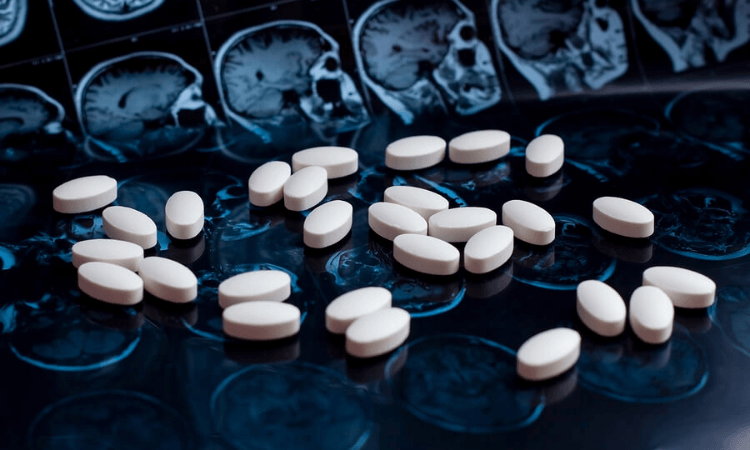
According to the National Institute of Mental Health (NIMH), addiction to alcohol or drugs is indeed a mental illness. They state the following:
“Substance use disorder changes normal desires and priorities. It changes normal behaviors and interferes with the ability to work, go to school, and to have good relationships with friends and family.”
The National Alliance on Mental Illness (NAMI) states that mental illness “is a condition that affects a person’s thinking, feeling, or mood. Such conditions may affect someone’s ability to relate to others and function each day.”
How Addiction Changes the Brain

The key argument for why addiction is not a mental illness is based on the concept of choice. For instance, some people might state that a person can’t choose to stop having diabetes or cancer. However, he or she can choose to quit using drugs or alcohol if the willpower is there to do so. Unfortunately, they do not consider that this condition alters the brain’s structure and function, which further contributes to the illness.
Drugs act on the brain by stimulating the reward center. In doing this, dopamine, a chemical that causes feelings of pleasure, is released into the brain. As a result, a strong psychological association is formed between substance abuse and feelings of pleasure, fostering the motivation to engage in drug or alcohol use repeatedly.
When a person uses drugs or alcohol, the brain can release up to ten times the amount of dopamine than it does without chemical interference. This influx of feel-good chemicals induces intense euphoria that compels the person to crave the substance’s presence. As he or she continues using the drug, their brain adjusts to this abnormal flooding of dopamine by becoming less sensitive to it.
This effect is called tolerance, which is defined as the need to take increasingly higher doses to achieve the same effect. These functional changes in the brain also inhibit the addict ability to receive pleasure from normal activities that produce only modest amounts of dopamine, such as eating and spending time with friends.
Next, the user becomes chemically dependent on the substance and faces unpleasant or painful withdrawal symptoms, such as fatigue and insomnia, when they try to quit. As a result, they will continue to use the drug to avoid withdrawal. Their body and brain have become addicted to it, and they now need it to function normally and experience any pleasure.
People without addictions usually take for granted the role of normal dopamine levels in one’s ability to make decisions. When this mechanism is disturbed, such as for the addict, it takes more than just willpower, since a person’s regular use of willpower is bound up with dopamine.
A Person’s Risk for Addiction
In spite of evidence that chronic drug abuse results in brain changes, some people continue to claim that addiction is different from other mental disorders because the decision to experiment with drugs or alcohol is a person’s choice. Moreover, if a person exercises the willpower not to use substances in the first place, he or she will never need to be concerned with becoming addicted.
However, this argument overlooks the fact that many risk factors outside of a person’s control increase the likelihood that they will try drugs. These include environmental factors such as being raised by parents who use drugs or have a co-occurring mental health condition such as depression or anxiety.
After a person has started using drugs, factors like biology can increase the rate at which a person becomes dependent. Research suggests that genetic factors account for about half (40-60%) of a person’s susceptibility to addiction.
Getting Help for Addiction
Recovery in Tune offers comprehensive outpatient programs aimed at helping those who need it most recover from addiction and experience long-lasting sobriety.
If you or someone you love is ready to break the cycle of substance abuse, contact us today! We provide our clients with the tools they need to live drug-free lives and foster the health and happiness they deserve!